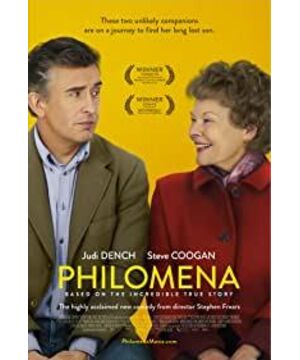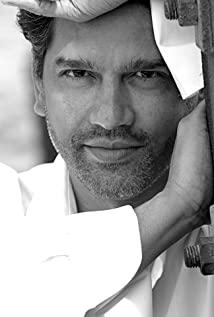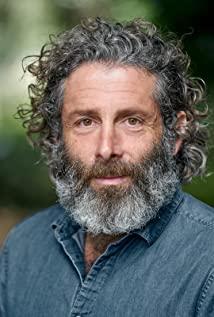Of course, if the original author of the film, Hick Smith, had written the story like this, it would have become a generally emotional cliché, and the book "Philomena's Lost Child" would not have been made into a movie. However, the former BBC senior reporter Hick Smith does not have this kind of popular taste. He is a person who writes Russian history. National disasters and big historical narratives are his tastes. He even has a professional prejudice against this kind of emotional story. "The audience for emotional stories are those who are vulnerable, timid, and ignorant." It is such a journalist with the ambition of the times and a sense of history to write about an ordinary Irish old man. Wife's emotional story, we can think of a good start, and of course it will be very popular. It's like asking Rousseau to write "Emile" and "New Gloria". The subject matter is ordinary, but it is destined to be extraordinary.
The film certainly had a different storyline than Hicksmith's editors asked for. And this emotional story itself does not jump out of the cliché of ordinary stories. An old man lost his son in a monastery at a very young age and has not been heard from for half a century. With the help of reporters, he traced his son's whereabouts. The film does not have the great sadness and joy that we expected, nor the confrontation between good and evil that is common in ordinary stories, and even the director told this tragic story in a well-crafted and humorous way. It was in this unexpected laughter that the audience felt the tragedy of the old Irish lady's life. In the end, the audience, like the old man in the film, relieved, let go, and forgave.
Philomena, who lost her child, and journalist Hick Smith are completely different emotional figures, one focusing on the solace of faith, the other focusing on the truth of reality; one focusing on emotion, the other only seeking truth. Philomena has never regarded the nun as a bad person. She initially did not agree that selling her children was called "sin", while Hicksmith believed that "sin is good, for the story." Philomena even considers herself lucky because "there are mothers and children who don't survive childbirth." And of the nuns selling their children, she sees it as "they're just trying to give their children a better life." ." She presumes all the people she sees as good people, friendly to people, and feels that they are "one in a hundred", and like ordinary Catholics, she blames all the sins on herself. But Hicksmith is different. The nuns are evil people. They sell babies and hide the truth. He can't forgive the nuns in the end, because this kind of evil is unforgivable in the world. He didn't believe in God, and certainly wouldn't have the Jesus-like forgiveness of Philomena. We see that at the end of the film, Philomena's solution is to say to the nun, "I want you to know that I have forgiven you." And Hicksmith has never forgiven, and we can't look at anyone critically. Who is right or wrong, the film itself does not set right and wrong. Hicksmith's unforgiveness is based on the cultivation of the world and normal emotions, while Philomena uses her faith to tolerate everything. What has happened, the sin that should be atonement has been atoned for, and the bridge returns to the bridge. She had only one comment on Hicksmith's anger, "This must be tiring."
Philomena's quest to find her son is a journey of redemption in itself. Stealing the forbidden fruit is her karma, and her son is her karma. And her paradox is that she deeply loves this "karma" born of sin. In the eyes of the nuns, her love was a sin, so it was justified to hide the truth. And Philomena is a religious person with secular feelings. "I believe that I have committed a serious crime and must be punished, and what's worse, I still enjoy sex", knowing that stealing the forbidden fruit violated the monastery's rules, but she enjoys "sex", in her heart The same doubt as Hicksmith, why did God not make people sexual, but why did they make people like this. Philomena wonders about her sin, and is even more disturbed by her own way of atonement. "My behavior is a sin, so I have to hide it, but I thought to myself, it is also a sin to hide it, because I deceived others... Which one is more sinful, having this child, or living with lies" . So when she walked into the church and wanted to repent, she had nothing to say. She didn't know whether it was her fault or God's fault. The emotions of the world and the clear rules of monasticism have always entangled her.
Philomena's emotions are simple and sincere. When she suspects that her son has never missed her, she decides to go home immediately, and when she finally learns that her son is also looking for her and is finally buried in the monastery where he was born, Philomena finally relieved. Hicksmith is only looking for the truth, and Philomena just wants to know if the child she thinks about every day is missing her too.
View more about Philomena reviews











